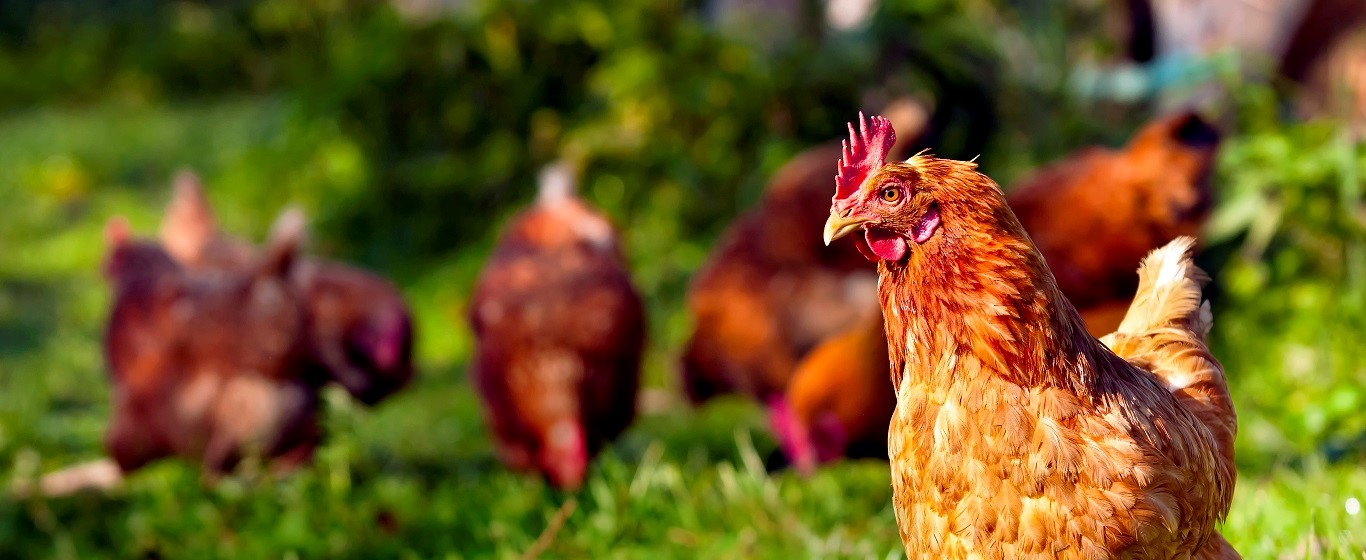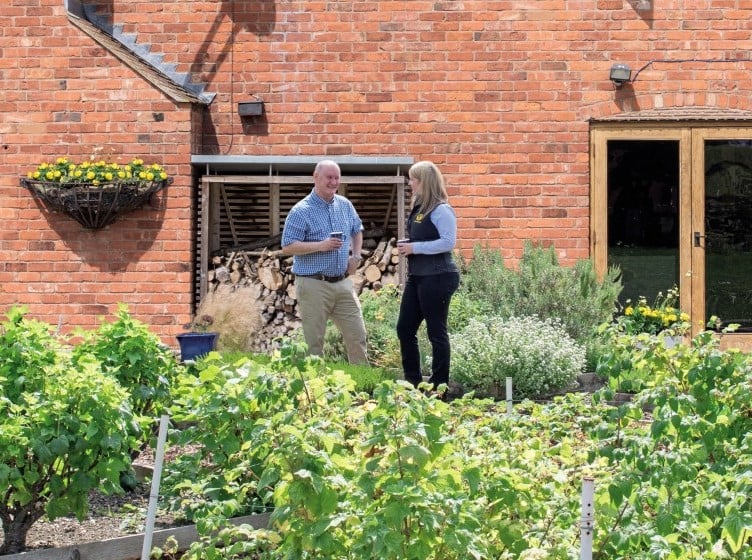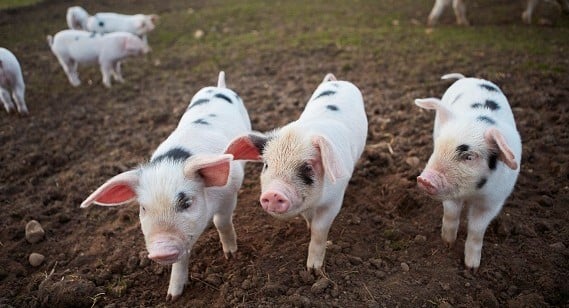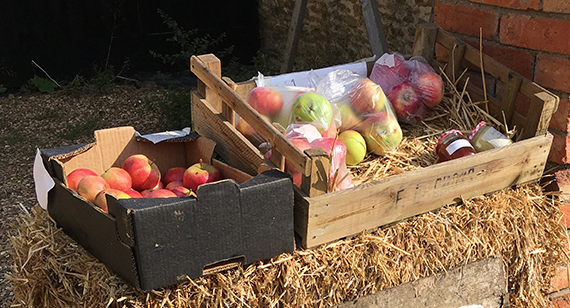Farming & Growing
Smallholder advice – how to keep chickens

Keeping chickens can be rewarding - but where do you start?
It's a slice of the good life, happy chickens scratching about in the open, and a constant supply of fresh eggs. But what about when the weather turns wet, a fox breaks in, or an unknown disease takes hold?
When you're new to the smallholder world, it's understandable not to know where to begin.
Here are some basics things to remember when starting out.
Environment
The first consideration is where to keep your birds. Ideally, you will have a well-drained area with some shelter, carefully fenced to keep out foxes and other predators. If possible, bury wire netting at least 20cm down, or use electric fencing. Chickens can fly up to 10ft high, so make sure the fencing is at least this tall.
Your chicken hut should have perches and a nest box for laying and must be water-tight, with good ventilation. Remember to close the door at night to protect against predators, as it can be easy to forget.
Chopped straw or shavings – not hay – make for suitable bedding. Aim for one square foot per bird for the internal floor of the coop, and at least two square metres per bird for the run area.
Did you know? You can buy an automatic door to ensure your hut is closed at night.
Feeding
Chickens need a balanced diet and there are plenty of formulated feeds available in country stores. Chicks and growers should be fed crumbs, while layers should be fed pellets.
Allow enough feeding space to avoid bullying and clean up any spills to put off rodents. The birds will need constant access to fresh, clean water – in a container that doesn't tip easily – as well as grit to aid digestion.
Under Defra regulations, no kitchen scraps – even your own – should be fed to your flock. Garden waste, however, is fine as they will appreciate discarded vegetable plants, and they will also be on the lookout for insects.
Did you know? Avocado, potato and rhubarb are all poisonous to chickens.
Legal requirements
Check if there are any restrictions on keeping poultry in your area. Poultry keepers with 350 or more birds must be registered with Animal and Plant Health Agency (APHA). Those with 50 or more birds only need to register if they are selling the eggs at local public markets. Those with fewer birds may want to register voluntarily so that Defra can contact them in case of a disease outbreak.
The Government says that you don’t need a licence to slaughter animals at home, provided:
- you own the animal and kill it on your property
- it’s for you or your immediate family, who live on your property, to eat.
Failure to follow any of the rules set out in the Government guidelines could lead to prosecution.
Did you know? If you intend to sell the meat, the regulations are much stricter. For more information, take a look at the Government's information on poultry welfare.
Common ailments
You are legally required to report some poultry disease cases to the APHA, for example Newcastle disease and avian influenza (bird flu) – the two most serious diseases that you must keep out of your poultry flock.
To minimise the spread of avian influenza it's common for Defra (Department for Environment, Food & Rural Affairs) to implement a housing order which legally requires all bird keepers in an affected area to keep their birds indoors and follow strict bio security measures. There is currently an avian influenza prevention zone in place across the majority of England. Details of the prevention zone and the required biosecurity measures can be found here. To keep up to date with the latest news, sign up to Defra's email alerts.
There are various other diseases to be careful of that can cause disease in humans as well as animals, for example salmonella and campylobacter, which are the most significant causes of food poisoning in humans.
To reduce the risk of infection, keep wild birds out of your enclosure, avoid sharing equipment with other poultry keepers and quarantine new additions to your flock.
After handling your birds or their area, wash your hands thoroughly and keep all equipment clean.
Did you know? Internal parasites are common, so treat birds regularly with a wormer.
Making money from your brood
If your chickens are producing more eggs than you can use, why not use the excess to pay for their keep, for bartering with other smallholders, or to make money for your smallholding?
You don’t need to register your hens to sell eggs directly to your friends or neighbours, as long as the eggs are not graded for quality or weight and you have less than 50 birds. To sell at local markets, registration is only required if more than 50 birds are kept.
To sell at a public market regardless of how many hens you have, you must stamp eggs with the best before date and advice to keep eggs chilled after purchase. However, if you have more than 50 hens, you must also stamp the eggs with your producer code.
If you are supplying shops and restaurants, you must be registered with the APHA regardless of the number of hens you keep. You must also be approved as a packing centre by the APHA so that you can stamp your eggs with the appropriate grade (Class A). It’s free to register as a packing centre.
Take a look at the full Government details on egg trade regulations.
Did you know? You will be able to charge a premium if you sell ‘free-range’ or ‘organic’ eggs. But be careful – you can only describe your eggs as such if you meet strict criteria, and the protocol for organic eggs is more stringent than free range.

Peace of mind for your smallholding
Our Smallholder Extension covers land adjacent to, or nearby, your home that is used for growing small scale crops or raising livestock flocks and herds.
Designed specifically to protect the risks that come with your activities, our cover can be added simply to your Home Contents Insurance policy.


